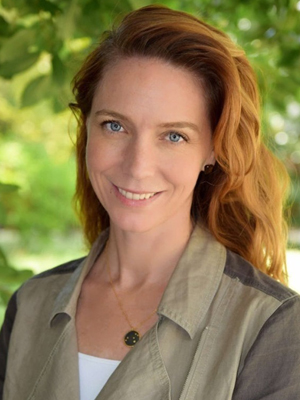 Our society is facing the monumental challenge of mitigating the impacts of climate change. The Institute at Brown for Environment and Society (IBES) brings faculty, students, and researchers together to devise effective strategies to maintain important ecosystems, conserve vital resources, and assist people in the communities that are most at risk.
Our society is facing the monumental challenge of mitigating the impacts of climate change. The Institute at Brown for Environment and Society (IBES) brings faculty, students, and researchers together to devise effective strategies to maintain important ecosystems, conserve vital resources, and assist people in the communities that are most at risk.
In July 2022, Professor of Environment and Society and Earth, Environmental, and Planetary Sciences Kim Cobb became the third director of IBES, bringing expertise in climate extremes and coastal flooding hazards, as well as a talent for communicating climate change science to the public.
What brought you to Brown?
Institutions of higher education are waking up to the reality that they have an important opportunity to address climate change, and they cannot squander it. Brown is already making bold moves. There’s a huge breadth of expertise on campus ranging from The Warren Alpert Medical School of Brown University and the School of Public Health to the growing capacity in engineering to one of the world’s best geoscience programs and long-running environmental science education. When you look at these diverse pockets of expertise across Brown, you start to see how they could come together to create impact in climate solutions that would be lasting and durable at all levels. That’s really what drew me to Brown.
What are IBES’s strengths, and where do you think Brown’s needs to build capacity?
IBES has long-standing strength in several research areas and incredible work in environmental history. What I’m excited to do is think about partnerships outside of IBES with units across campus, whether it’s with interdisciplinary institutes like the Watson Institute for International and Public Affairs or individual units like the School of Engineering or the School of Public Health.
We can all look at the headlines these days and understand that, when we think about climate solutions, we have to think comprehensively. We have to think about the impacts of low-carbon energy technologies. What’s the efficacy? What’s the economic landscape? What’s the long-term viability? All of those questions need to draw from different pockets of expertise on campus. You’re going to have to include engineers. You’re going to have to include public health folks. But, you’re also going to have to include big data analysts and policy experts.